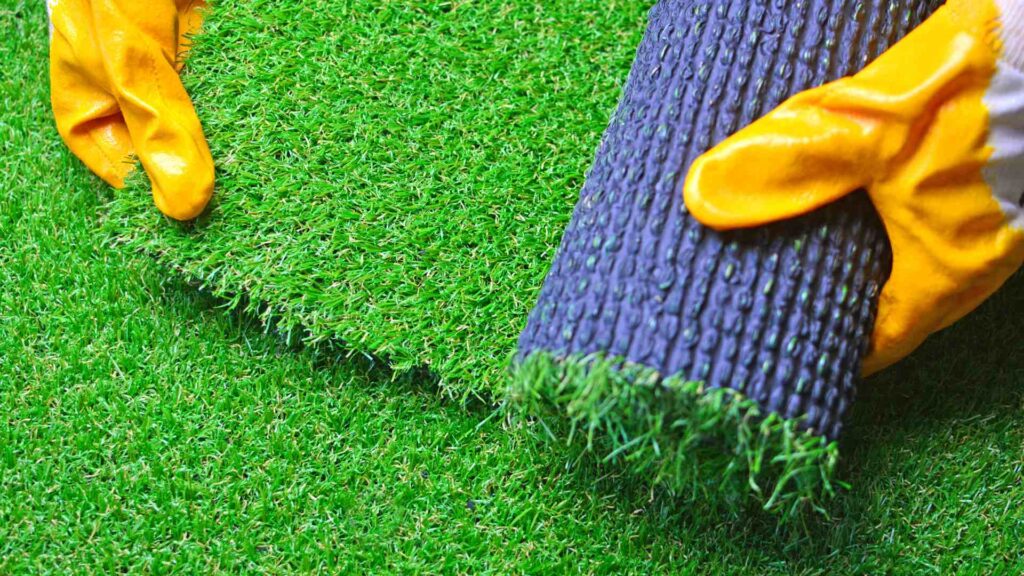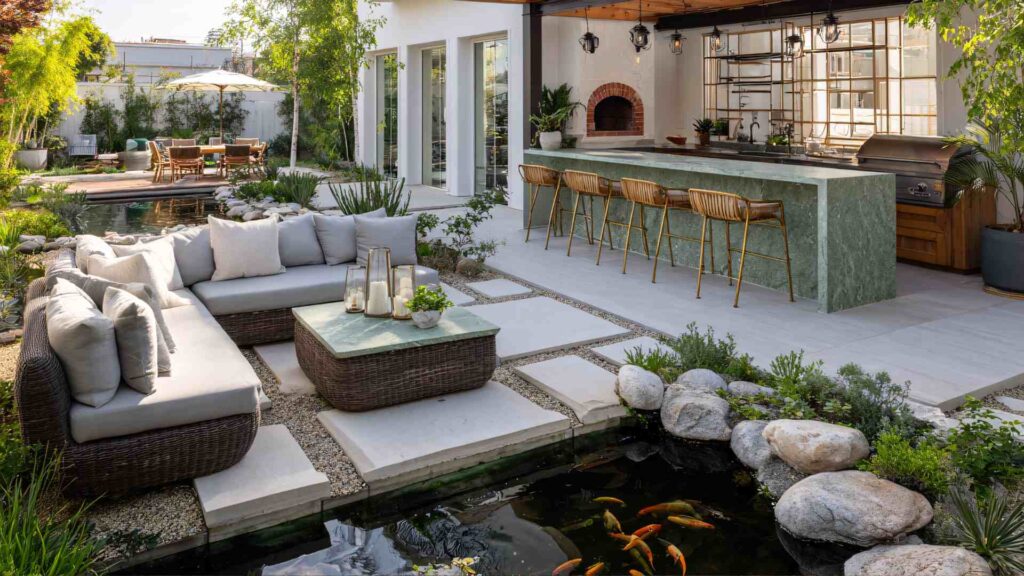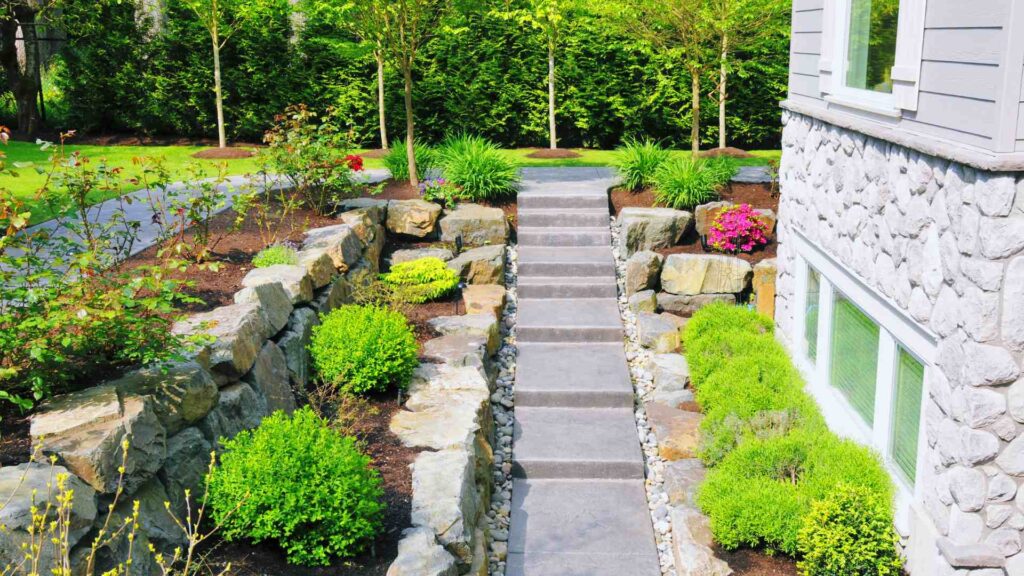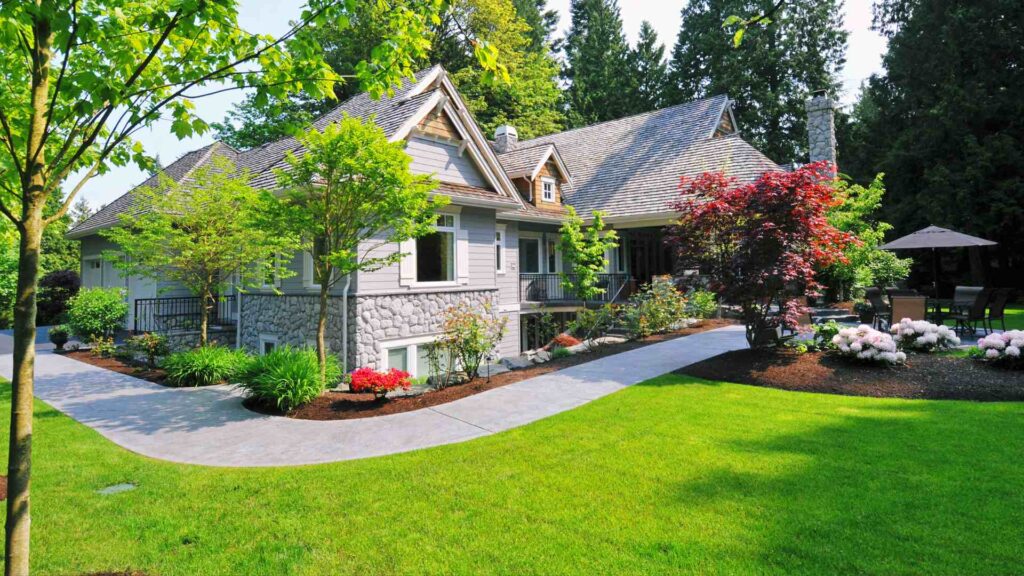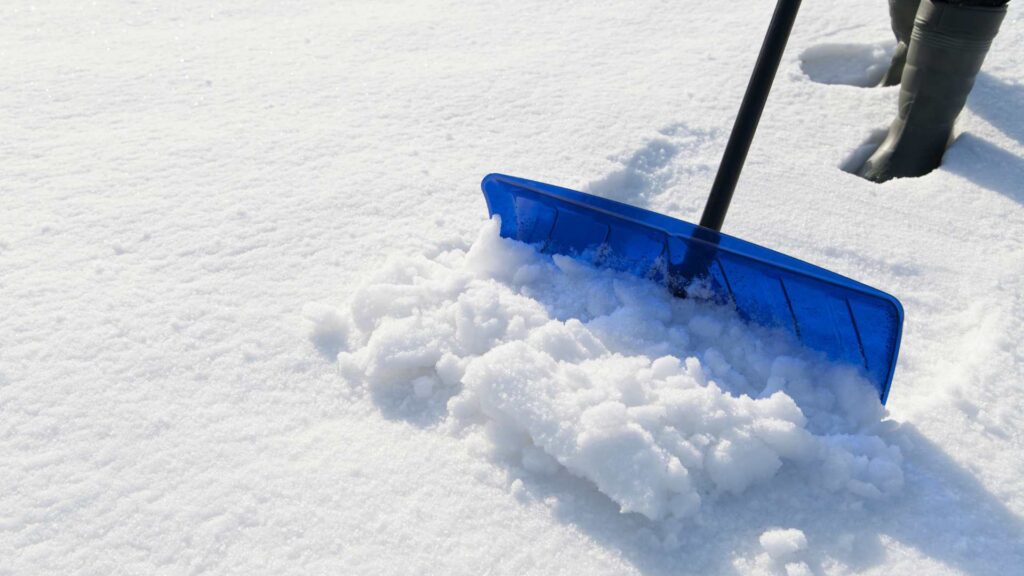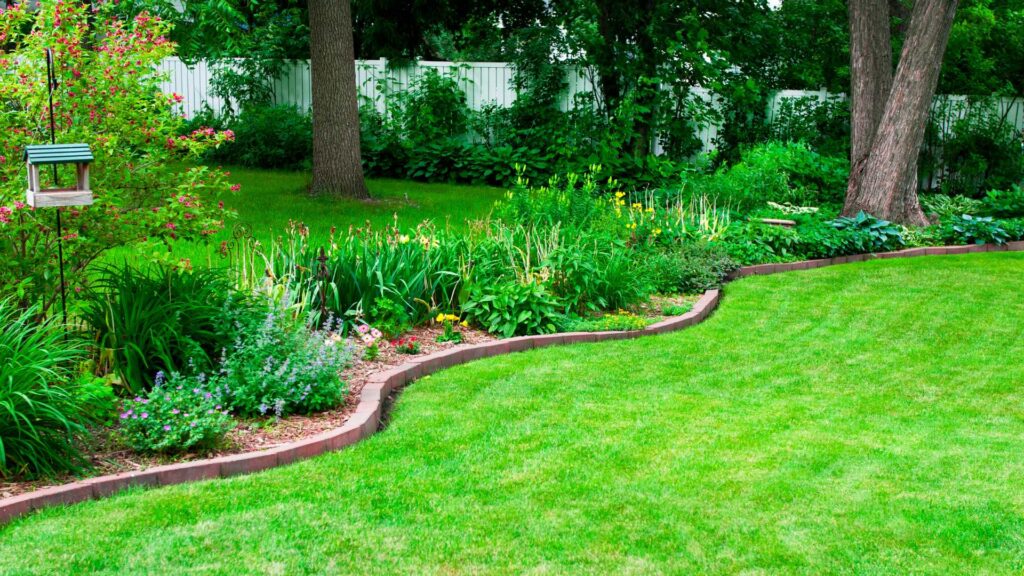How to Decide on Artificial Grass Type in Prospect Heights, IL
Why Choosing the Right Artificial Grass Matters Artificial grass is an increasingly popular choice for homeowners in Prospect Heights, IL who want a lush, low-maintenance lawn without constant watering or mowing. But with Illinois’ unpredictable climate — freezing winters, wet springs, and humid summers — choosing the right type of artificial grass is crucial for performance and longevity. The wrong turf can fade, flatten, or fail to drain properly, leading to costly repairs or replacements. The right choice, however, provides a durable, natural-looking surface that stays vibrant year-round with minimal upkeep. At A&N Outdoor Services, we help Prospect Heights homeowners make informed choices based on their property’s layout, sun exposure, drainage, and lifestyle needs. Here’s how to pick the best type of artificial grass for your home. Start by Understanding How You’ll Use the Space The first step is to evaluate how your artificial lawn will be used. Are you creating a child-friendly backyard? Do you have pets? Or do you simply want a clean, decorative lawn that always looks fresh? Light Use: Decorative areas, small front lawns, or side yards that receive limited foot traffic can use softer, lighter turf. Moderate Use: Family spaces and entertainment areas benefit from medium-density grass that balances comfort with resilience. Heavy Use: If kids and pets frequently play outside, choose dense turf with a strong backing and short pile height to prevent matting. Your usage level determines not only the type of turf but also the infill, base materials, and drainage design needed to ensure long-term success. Know the Main Artificial Grass Materials Artificial turf fibers are typically made from three primary materials — each with unique strengths. Understanding these differences helps you choose the best match for your yard’s conditions and your expectations. Polyethylene (PE): This is the most common choice for residential lawns. It offers a natural look and soft texture that mimics real grass while providing good durability and UV resistance. It’s ideal for family yards, front lawns, and play areas. Polypropylene (PP): This material is lightweight and affordable but less resilient under heavy use. It works best in decorative or low-traffic areas where appearance is more important than foot resistance. Nylon: The most durable of all synthetic fibers, nylon stands up to high temperatures and constant activity. It’s more expensive but perfect for high-use lawns, pet zones, or areas exposed to direct sunlight. At A&N Outdoor Services, we typically recommend a blend of polyethylene and nylon for homes in Prospect Heights — providing both softness and strength to handle the local climate. Consider Pile Height, Density, and Drainage Artificial grass is not one-size-fits-all. Three key technical factors determine how well your turf performs over time: Pile Height: This refers to the length of each synthetic blade. Shorter piles (around 1.25–1.5 inches) resist flattening and are great for high-traffic areas. Taller piles (up to 2.5 inches) feel more luxurious and natural but may require brushing to maintain their shape. Density: The denser the turf (more blades per square yard), the more natural and durable it looks. A higher density helps prevent wear in high-use zones, keeping the surface lush and full even after years of use. Drainage: In Prospect Heights, proper drainage is essential. Look for turf with built-in perforations that allow water to flow through quickly. Combined with a well-prepared base, this ensures snowmelt and rainwater don’t collect on the surface. A good drainage system also helps prevent odors, especially if pets use the area. Match Your Turf to Prospect Heights’ Climate Prospect Heights experiences large temperature fluctuations and frequent precipitation. To ensure your artificial grass holds up through all four seasons, look for turf with the following features: UV-Resistant Fibers: Prevent fading and discoloration under strong summer sunlight. High Drainage Rate: Helps handle spring rains and melting snow efficiently. Flexible Backing: Allows for expansion and contraction during freeze-thaw cycles without cracking. Multi-Tone Coloring: Mimics the natural blend of real grass, keeping your yard realistic even in winter. These features help your lawn remain vibrant and resilient through Illinois’ changing weather. Understand the Importance of Proper Installation Even the best artificial turf won’t perform well without expert installation. The foundation, known as the sub-base, determines drainage, stability, and long-term appearance. At A&N Outdoor Services, we follow a precise installation process designed for Prospect Heights properties: Site Preparation: Removing existing grass, debris, and roots while adjusting grading for water flow. Base Construction: Installing a compacted crushed stone base that allows proper drainage and prevents settling. Turf Installation: Rolling out and securing the turf, ensuring seams are tight and smooth. Infill Application: Adding silica sand or synthetic infill to stabilize blades and improve durability. Final Grooming: Brushing and compacting the surface for a clean, natural finish. This process ensures your new lawn drains properly, withstands weather, and remains visually appealing for years. Choose Turf That Matches Your Lifestyle and Design Goals Artificial grass should align with both your practical needs and your property’s design style. For example: Families with children often prefer soft, medium-pile turf for comfort. Pet owners benefit from antimicrobial backing and fast-draining infill systems. Homeowners seeking a modern look may choose shorter, denser grass for a manicured finish. Those wanting a natural, organic appearance can opt for taller, mixed-color turf for a more relaxed aesthetic. Whatever your goals, your landscape contractor should help you find the right balance between comfort, realism, and performance. Don’t Forget About Maintenance — It’s Low, Not Zero One of the best parts of installing artificial grass is reduced maintenance, but that doesn’t mean zero upkeep. Simple seasonal care ensures it continues to look fresh and function properly: Rinse occasionally to remove dust, pollen, or pet debris. Brush or rake lightly to keep blades upright and prevent matting. Inspect for drainage after heavy rainfall or snowmelt. Clean spills promptly to prevent buildup. With just minimal effort, your turf will stay lush and vibrant for years — without the mowing, watering, or fertilizing that natural lawns demand. Work with a Local Professional You Can

